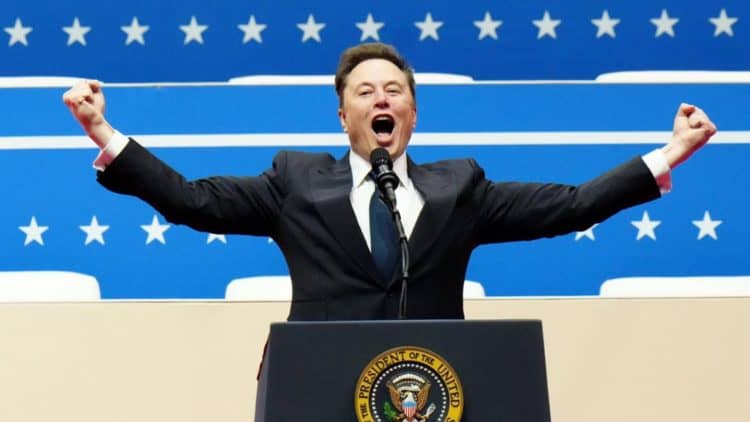The world’s billionaires are off to a flying start in 2025—adding a staggering £230 billion to their fortunes in January alone, according to new research.
Campaigners pushing for higher taxes on the ultra-rich say this growth outpaces the combined wealth of the poorest 2.8 billion people globally. They warn that extreme wealth is not just increasing—it’s accelerating at an alarming rate.
How Fast Is Billionaire Wealth Growing?
To put it into perspective, the report—published by the #TaxTheSuperRich movement—reveals that it would take 15 million average workers an entire year to earn the same amount billionaires raked in last month.
The world’s wealthiest individuals include Elon Musk, Mark Zuckerberg, Jeff Bezos, and Oracle’s Larry Ellison—all of whom saw their fortunes swell.
Calls for Higher Taxes on the Super-Rich
With G20 finance ministers meeting in Cape Town today, campaigners are demanding stronger action to tax billionaires more effectively. They argue that fairer taxation could help tackle global inequality, fund poverty relief, and fight climate change.
Economist Jayati Ghosh put it bluntly:
“Extreme wealth isn’t just growing—it’s accelerating, putting more power into the hands of a tiny few. If we fail to act, we allow unchecked greed and widening inequalities, giving oligarchs even more control over the world.”
The #TaxTheSuperRich campaign is backed by major organisations, including Oxfam, Amnesty International, and Patriotic Millionaires.
‘Inequality Threatens Everything We Hold Dear’
Morris Pearl, chair of Patriotic Millionaires and former managing director at BlackRock, says rising inequality is a global crisis that demands urgent solutions.
“Extreme inequality threatens everything—our democracies, our economies, our planet. We need a global approach to taxing the super-rich fairly. That’s why we’re calling on G20 leaders to take real action.”
As billionaires’ wealth soars, pressure is mounting for world leaders to act. But will they?
You may also like: Keir Starmer cuts foreign aid to fund record defence spending







